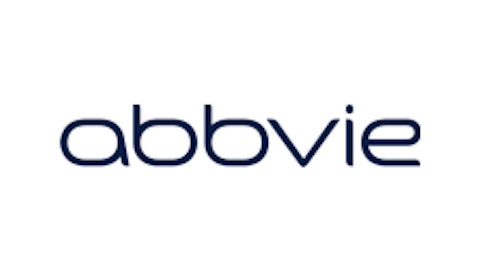Further Growth through Acquisitions
Medtronic has made a bevy of smaller acquisitions after its transformative Covidien deal.
Three recent bolt-on acquisitions for the company’s Cardiac and Vascular segment are shown below:
– Sanford Health in April of 2015
– Arsenal Medical in June of 2015
– Aptus EndoSystems in June of 2015

Source: Cardiac & Vascular Group Presentation, slide 15
In addition to these acquisitions, the company has also acquired the following in the last year:
– Lazarus Effect: manufacturer of acute ischemic stroke products
– Medina Medical: develops treatments for vascular brain diseases
– Twelve: manufacturer of a transcatheter mitral valve replacement device
Medtronic’s large size allows it to acquire smaller promising companies and manufacture and sell their products at greater scale. The company’s increasing acquisition frequency shows that bolt-on acquisition factor heavily into Medtronic’s future growth plans.
Total Return Calculation
Medtronic has grown its earnings-per-share at 8.1% a year over the last decade.
Value Line expects the company to grow its earnings-per-share at around 7% a year over the next several years.
I believe Medtronic will deliver earnings-per-share growth of between 7% and 9% a year over the next several years.
Growth will come from a mix of acquisitions, margin improvements realized from the Covidien acquisition, organic growth, and share repurchases.
Additionally, Medtronic has a current dividend yield of 2.0%. This dividend yield combined with the company’s expected earnings-per-share growth gives investors an expected total return of between 9% and 11% a year.
The company is currently trading for an adjusted price-to-earnings ratio of 18.3. Medtronic’s price-to-earnings ratio has fluctuated a great deal over the last 15 years.
– The company had an average price-to-earnings ratio of 49.0 in 2000
– The company had an average price-to-earnings ratio of 10.7 in 2011
I believe fair value for Medtronic is probably a price-to-earnings ratio between 17 and 20 given the company’s stability, growth prospects, and competitive advantage. I believe Medtronic to be trading around fair value at current prices.
Recession Performance
Medtronic performed exceptionally well through the Great Recession of 2007 to 2009. The company saw EPS increase each year of the Great Recession.
Medtronic saw strong growth despite a weakening economy because health care spending is difficult to cut back on, even during times of economic weakness.
The company’s EPS through the Great Recession and subsequent recovery are shown below to give an idea of how well the company performed over this time period:
– 2007 EPS of $2.61
– 2008 EPS of $2.92 (12% increase)
– 2009 EPS of $3.22 (10% increase)
– 2010 EPS of $3.37 (5% increase)
Final Thoughts
Medtronic PLC (NYSE:MDT) is a high quality Dividend Aristocrat in the Health Care sector.
The company does not have any large ‘trouble signs’ looming ahead. It should continue to grow earnings-per-share in the 7% to 9% a year range.
Medtronic is reasonably valued. The company is also shareholder friendly, performs well during recessions, and has a below average stock price standard deviation.
The company makes an interesting buy (or hold) for investors looking for long-term dividend growth and exposure to the health care industry.
The only minor downside to this stock for dividend investors is the company’s slightly below average dividend yield of 2.0%.
The company’s slightly below average yield gives it a dividend payback period of 21 years. For comparison Abbott Laboratories (ABT) and Johnson & Johnson (JNJ) have payback periods of 19 and 20 years, respectively.
Disclosure: None





